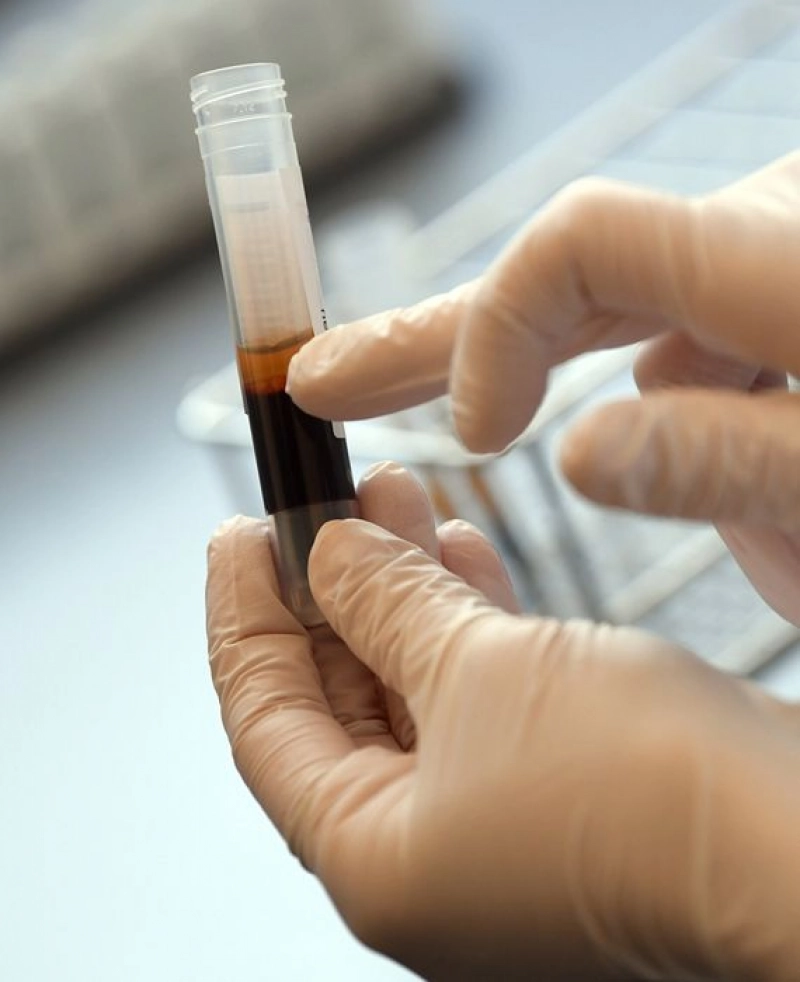By: Devika Kandelwal
May 8 2020

In a first for India, a 49-year-old COVID-19 patient in Delhi has recovered after being treated with convalescent plasma therapy.
In a first for India, a 49-year-old COVID-19 patient in Delhi has recovered after being treated with convalescent plasma therapy. On April 4, a male patient who had tested positive for coronavirus infection was admitted in Max Hospital, Delhi, with moderate symptoms and a history of fever and respiratory issues. Due to his underlying respiratory issues, his condition started deteriorating and he had to be put on ventilator support after he developed pneumonia with Type-I respiratory failure. When the patient showed no signs of improvement, his family arranged for a donor for extracting plasma. The experimental plasma treatment is when antibodies from the blood of patients who have recovered from the novel coronavirus are used to treat severely infected COVID-19 patients. The donor had recovered from COVID-19 three weeks before she donated plasma. The patient recovered completely after three weeks. However, the doctors said that during the patient's treatment at other standard, treatment protocols were followed and one can say that the plasma therapy could have worked as a catalyst in speeding up his recovery. It cannot attribute 100 per cent recovery to plasma therapy only, as there are multiple factors which carved his path to recovery. Indian Council of Medical Research (ICMR) has recently allowed states to start clinical trials of plasma therapy. Delhi Chief Minister Arvind Kejriwal in a press briefing said that the initial results of plasma therapy trial conducted on four Covid-19 patients is encouraging and has given hope to save people's lives from the dreaded disease. Also, SK Sarin, Director of the Institute of Liver and Biliary Science said that there was a positive result on trials of plasma therapy. The COVID-19 pandemic has given rise to a lot of potentially dangerous misinformation. For reliable advice on COVID-19 including symptoms, prevention and available treatment, please refer to the World Health Organisation or your national healthcare authority.